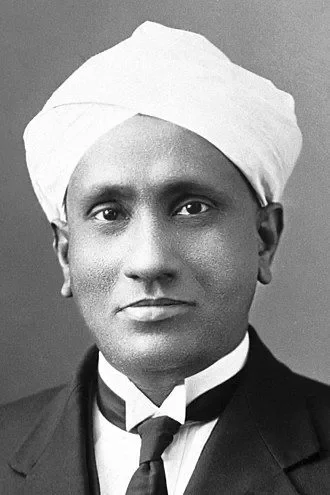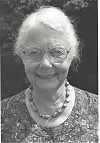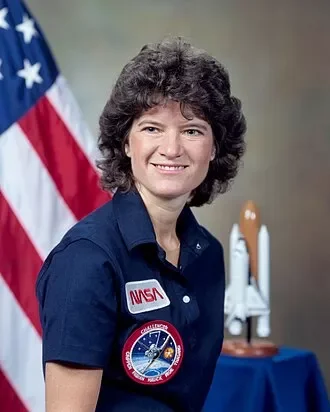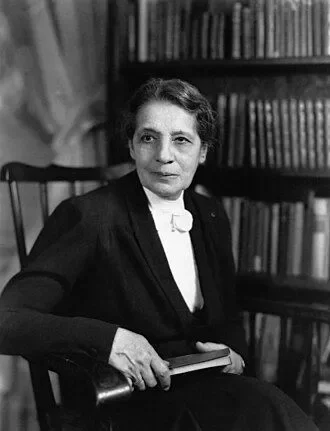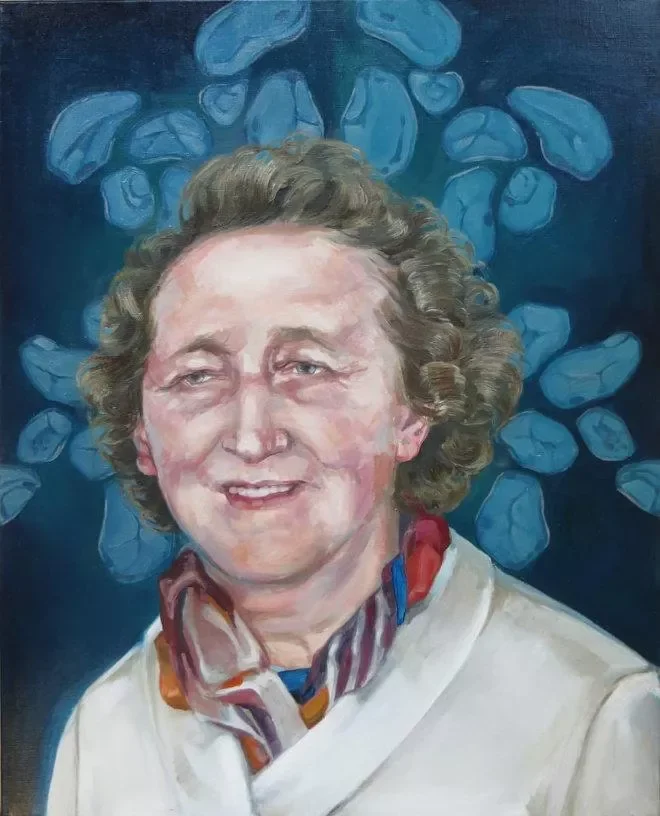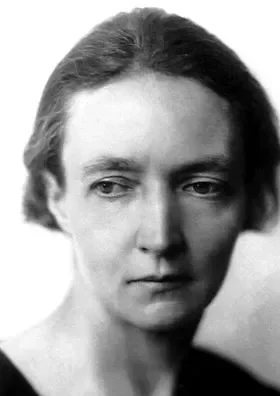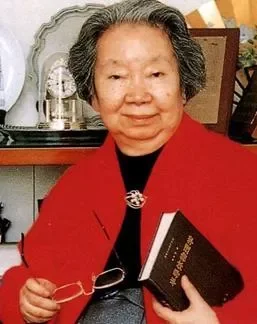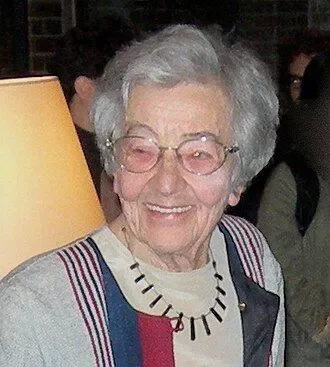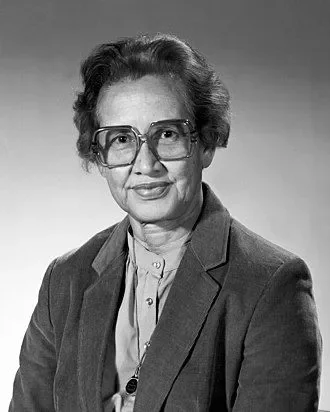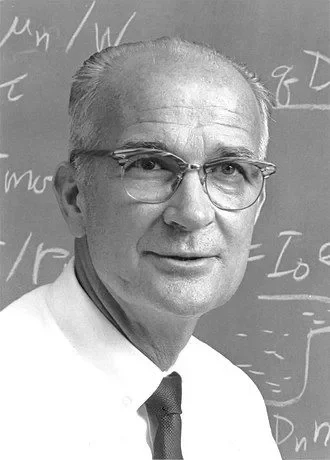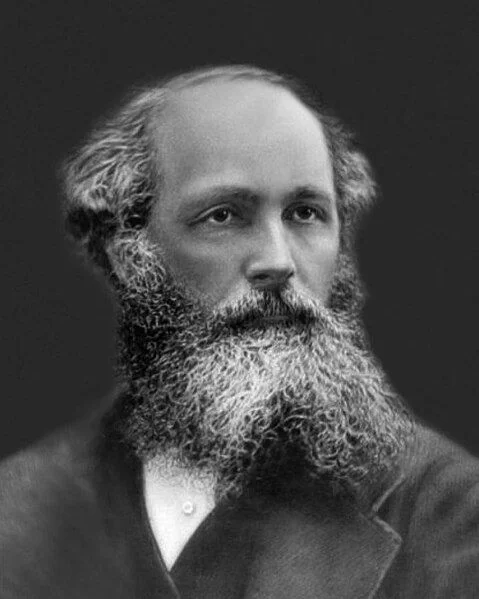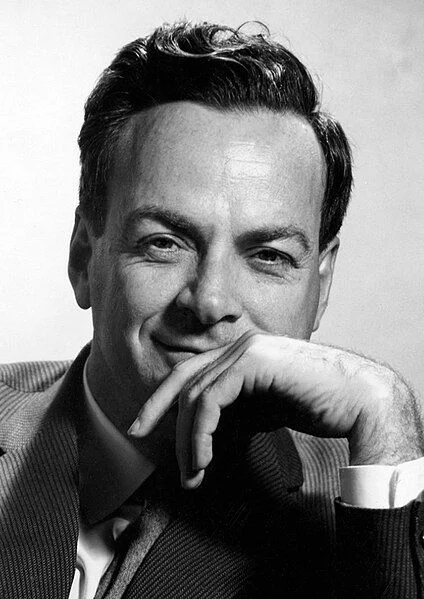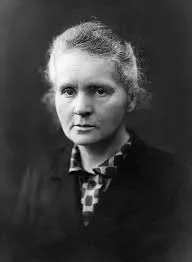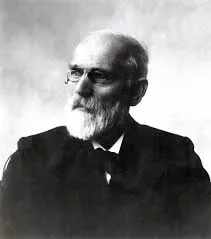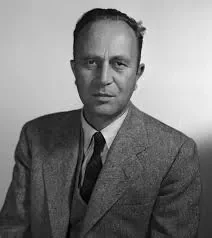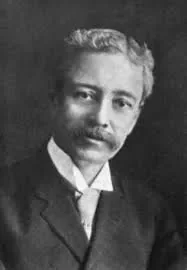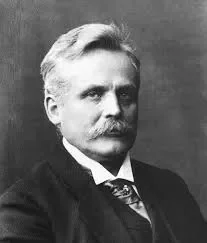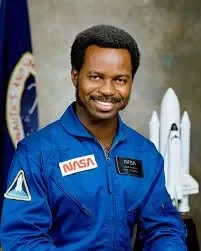Real Celebrities Never Die!
OR
Search For Past Celebrities Whose Birthday You Share
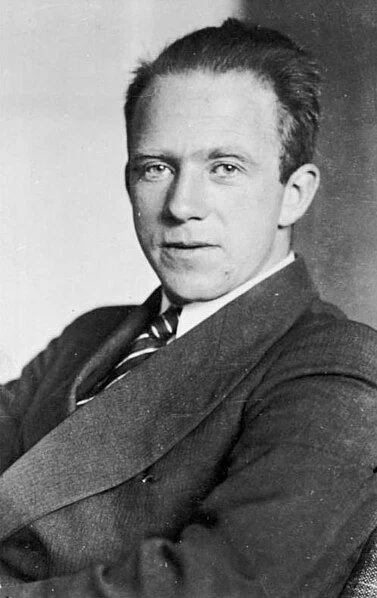
source:wikipedia.org
Werner Heisenberg
Birthday:
05 Dec, 1901
Date of Death:
01 Feb, 1976
Cause of death:
Cancer
Nationality:
German
Famous As:
Mechanics
Age at the time of death:
74
Werner Heisenberg's Quote's
Werner Heisenberg: A Pioneer of Quantum Mechanics
Werner Karl Heisenberg was born on December 5, 1901, in Würzburg, Germany. He was a leading physicist in the 20th century and a pioneer of quantum mechanics.
Early Life and Education
Heisenberg’s family had a strong academic background. Werner Heisenberg’s father, August Heisenberg, was a professor in Greek language and literature at the University of Munich. Werner displayed remarkable intellectual abilities, especially in mathematics and physics, from his childhood.
In 1920, Heisenberg began his studies at the University of Munich. He was mentored under Arnold Sommerfeld, a renowned expert in atomic spectroscopy. He completed his doctorate in 1923 with a dissertation on hydrodynamics, when he was just 22 years old.
Groundbreaking Work in Quantum Mechanics
In 1925, Heisenberg’s revolutionary paper on quantum mechanics was published, a remarkable feat for someone so young at 23. This work introduced matrix mechanics, the first mathematically rigorous framework for quantum theory. The next year, his colleague Erwin Schrödinger developed wave mechanics, which was later proven to be equivalent to Heisenberg’s matrix approach.
The Uncertainty Principle
One of Heisenberg’s most famous achievements in physics is his 1927 creation of the uncertainty principle. According to this principle, you can’t know both a particle’s position and momentum with perfect accuracy. This concept revolutionized our understanding of reality at the quantum level.
Nobel Prize and Later Career
Heisenberg’s revolutionary research earned him the Nobel Prize in Physics in 1932, making him one of the youngest ever laureates at the age of 31. Historians continue to debate Heisenberg’s role in the German nuclear weapons program during World War II.
Following the war, Heisenberg resumed his research and become the director of the Max Planck Institute for Physics. His later focus shifted to a unified field theory, a project that didn’t achieve the same recognition as his previous work.
Personal Life and Legacy
In 1937, Heisenberg wed Elisabeth Schumacher, and together they had seven children. Heisenberg’s love for classical music and philosophy was well-known, and he often drew parallels between his scientific research and broader philosophical issues.
Werner Heisenberg died in Munich on February 1, 1976, leaving behind a legacy that fundamentally shaped modern physics. His groundbreaking work on quantum mechanics and the uncertainty principle still shapes scientific thinking and research.
Name:
Werner Heisenberg
Popular Name:
Werner Heisenberg
Gender:
Male
Cause of Death:
Cancer
Spouse:
Place of Birth:
Würzburg, Germany
Place of Death:
Munich, Germany
Occupation / Profession:
Personality Type
Heisenberg’s uncertainty principle posits that it is impossible to precisely measure both the position and momentum of a particle simultaneously.
He was an important figure in Germany’s WWII atomic research. Known to play the piano skillfully, with a love for classical music. Heisenberg founded the Max Planck Institute for Physics in Munich.
Author of foundational works in physics, including “Physics and Philosophy.”
Developed matrix mechanics, an early formulation of quantum mechanics
Nobel Prize in Physics (1932) for the creation of quantum mechanics, particularly for the uncertainty principle

